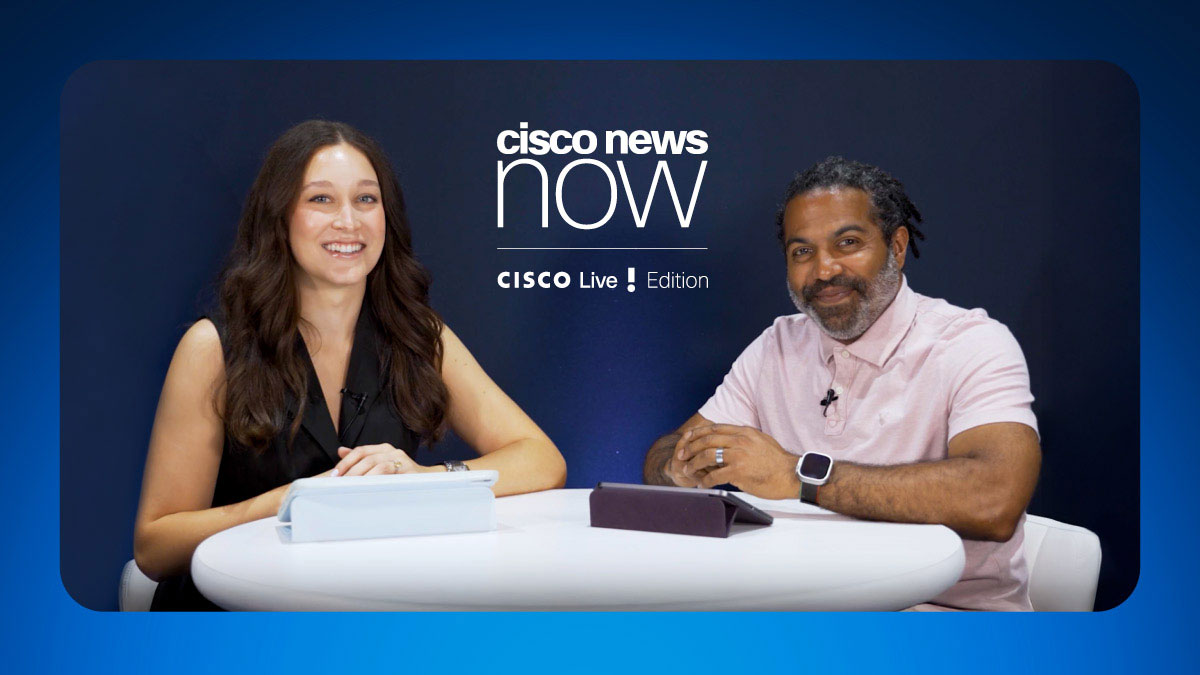SAN JOSE, Calif. -- December 8, 1998 -- Cisco Systems, Inc. announced today that it has won a summary judgement in a patent suit filed by Datapoint in New York, NY. The suit was filed against Cisco and a dozen other high-tech companies with the intent of applying old patents to new standards-based technology. The patents were asserted against Fast Ethernet technologies.
This judgement is a victory for Cisco and the high-tech industry. It reinforces the significant role open standards play in bringing new technology to the marketplace. Old patents can no longer be applied to new standard-based architecture or products, a practice that stymies innovation and competition.
"The global economy is being fueled by the New World," said Don Listwin, executive vice president, Cisco Systems. "Open, standard-based products and technology are at the core of the New World driving innovation and competition," he added.
Cisco was represented by Matthew Powers of the Silicon Valley office of Weil, Gotshal and Manges LLP.
Cisco Systems
Cisco Systems, Inc. (NASDAQ:CSCO) is the worldwide leader in networking for the Internet.For more information visit Cisco PR Contacts
Cisco, Cisco Systems, and the Cisco Systems logo are registered trademarks of Cisco Systems, Inc. in the U.S. and certain other countries. All other trademarks mentioned in this document are the property of their respective owners.
This release may contain projections or other forward-looking statements regarding future events or the future financial performance of Cisco that involve risks and uncertainties. Readers are cautioned that these statements are only predictions and may differ materially from actual future events or results. Readers are referred to the documents filed by Cisco with the SEC, specifically the most recent reports on Form 10-K and 10-Q, which identify important risk factors that could cause actual results to differ from those contained in the forward-looking statements, including risks associated with acquisition strategy, dependence on new product offerings, competition, patents, intellectual property and licensing, future growth, rapid technological and market change, manufacturing and sourcing risks, Internet infrastructure and regulation, volatility of stock price, financial risk management and potential volatility in operating results among others.



